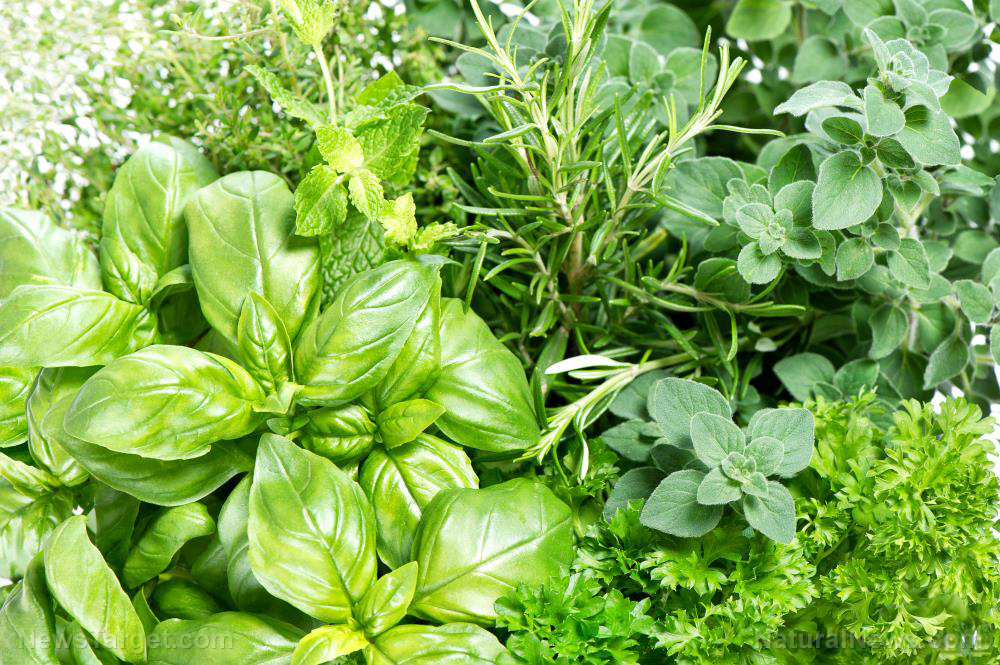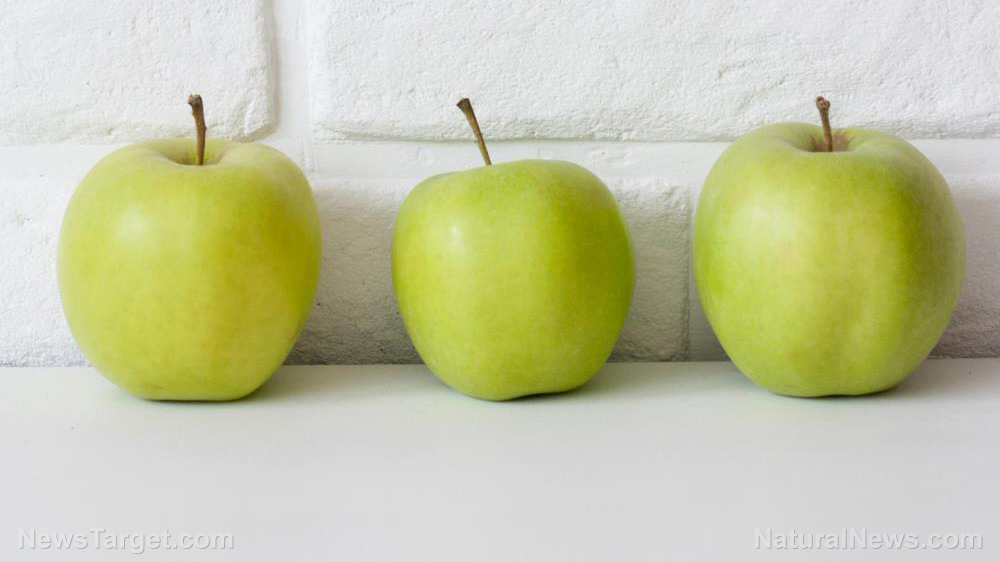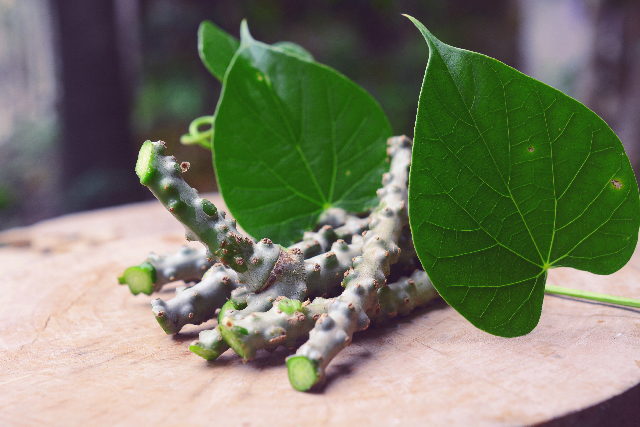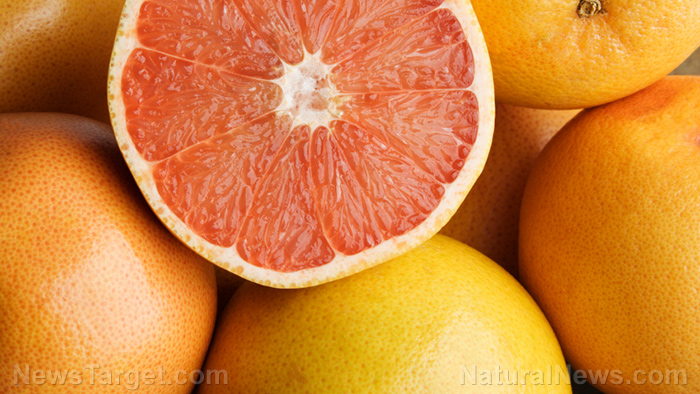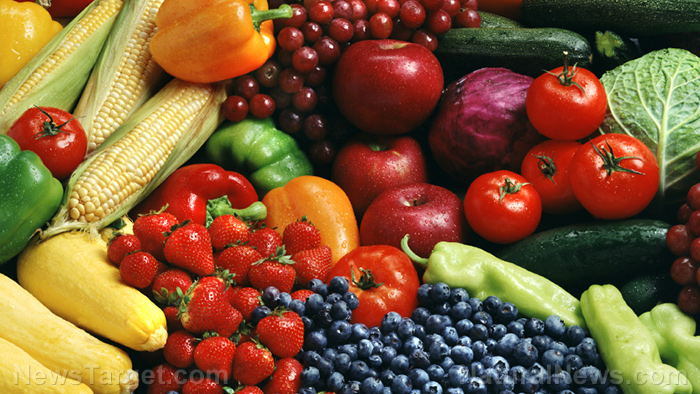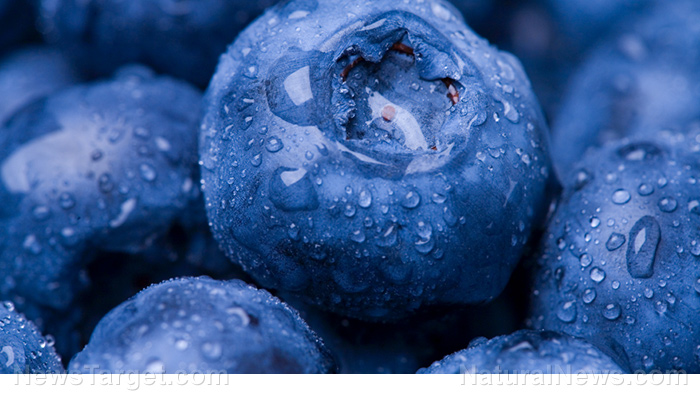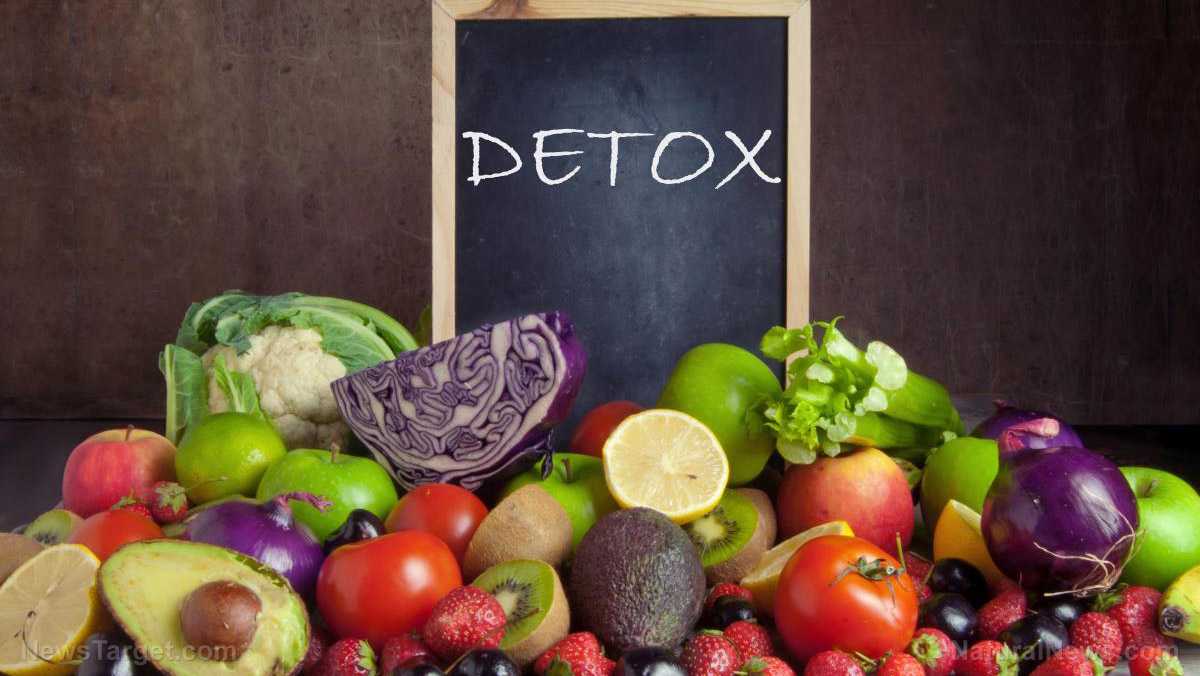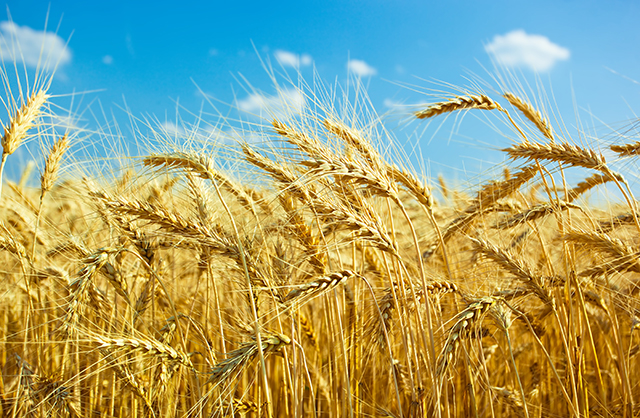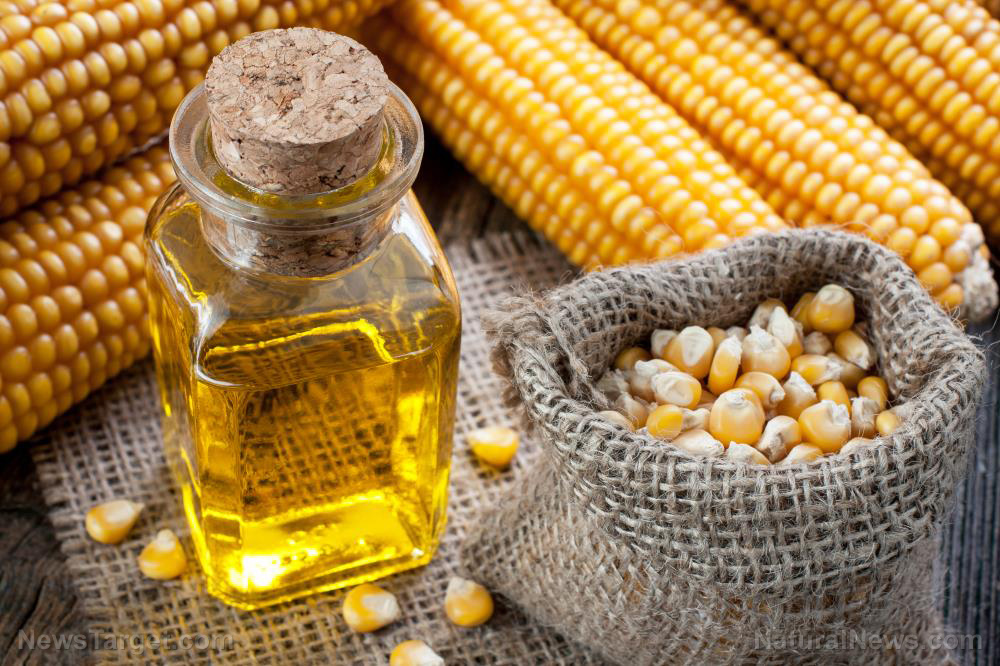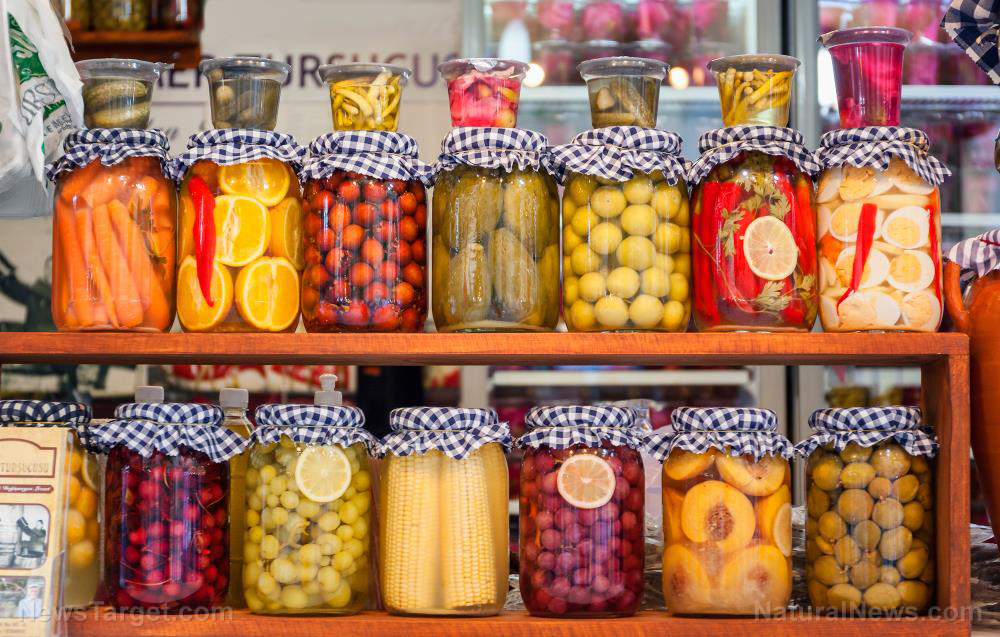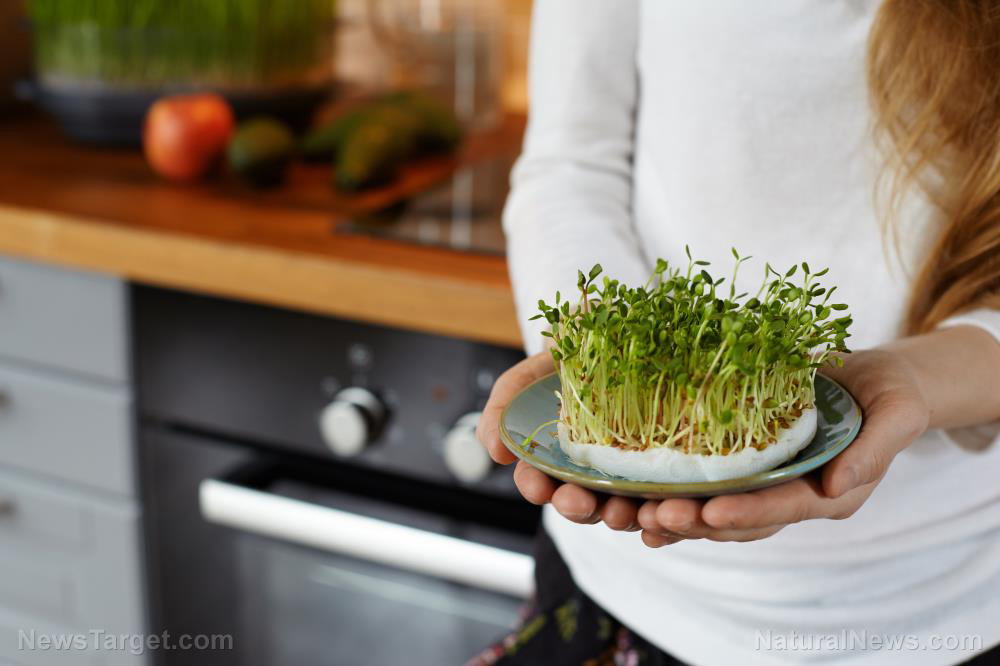Organic farming employs more workers than conventional farms and encourages community development, according to survey
02/19/2018 / By Janine Acero

Organic farming has gained steady ground in the U.S. farm sector over the recent years due to the growing demand for healthy food products by consumers. While conventional farming is still the more prevalent type of agriculture – yielding significantly more produce than its organic counterpart – one study suggests that organic farming may present more job opportunities down the line than those provided by conventional farming.
The research, titled Does organic farming present greater opportunities for employment and community development than conventional farming? A survey-based investigation in California and Washington, surveyed organic farmers in California and Washington to analyze countywide averages of hired farm labor from the 2007 Agricultural Census of the United States Department of Agriculture (USDA). The research team, led by Lynn Finley of Portland State University, found that organic farms hired up to 12 percent more workers per acre than countywide farms. In addition, the researchers observed that hired labor on organic farms “worked 150 days or more compared to the average farm.” The team sees this as a sign of a more secure employment on organic farms due to increased labor requirements.
Another study by Britain’s Soil Association suggests that organic farming “provides 32 percent more jobs per farm in the U.K. than conventional agriculture does.”
According to the study, organic farming could make a significant contribution to local economies if all farms were to convert to organic practices, such as avoiding the use of toxic chemicals and genetically altered seeds. The study suggested that a large-scale conversion would potentially create an additional 93,000 on-farm jobs. So far, four percent of U.K. farmland is being used for organic agriculture.
Mother Nature's micronutrient secret: Organic Broccoli Sprout Capsules now available, delivering 280mg of high-density nutrition, including the extraordinary "sulforaphane" and "glucosinolate" nutrients found only in cruciferous healing foods. Every lot laboratory tested. See availability here.
Another separate study also revealed that organic farmers tend to be younger than conventional farmers, who were usually around 56 years old on average. Furthermore, organic farmers tended to be more optimistic about the future of farming, with 64 percent expecting their family to take on the farm compared to 51 percent for conventional farmers. Organic farmers were also more involved with the marketing schemes of their farms than their traditional counterparts.
Organic practices
The USDA defines organic farming as “a production system that is managed in accordance with the Organic Foods Production Act and regulations to respond to site-specific conditions by integrating cultural, biological and mechanical practices that foster cycling of resources, promote ecological balance, and conserve biodiversity.”
Organic farmers use natural and organic materials such as green manure, compost, and natural pest repellents to produce crops, and support livestock and poultry. Organic farmers don’t use artificial fertilizers, antibiotics, and chemical pest control. Because of using only natural materials, organic crops have better resistance to pests and diseases, saving farmers the costs of using expensive fungicides, insecticides, and other pest control products. (Related: Organic farming found to eliminate plant parasites longer than conventional chemical pesticides.)
Organic farming can also help conserve environmental resources in rural America. Some environmental benefits of organic farming include improved water quality due to reduced pesticide residues, reduced nutrient pollution, reduced carbon footprint, improved soil condition, enhanced biodiversity in habitats and ecosystems, and more healthy food.
Learn more about organic farming and its benefits by visiting Harvest.news today.
Sources include:
AgEconSearch.UMN.edu [PDF]
SustainWeb.org [PDF]
Tagged Under: conventional agriculture, conventional farming, farm jobs, farm workers, harvest, livestock and poultry, organic agriculture, organic farmers, organic farming, organic produce, organics, sustainability, USDA



